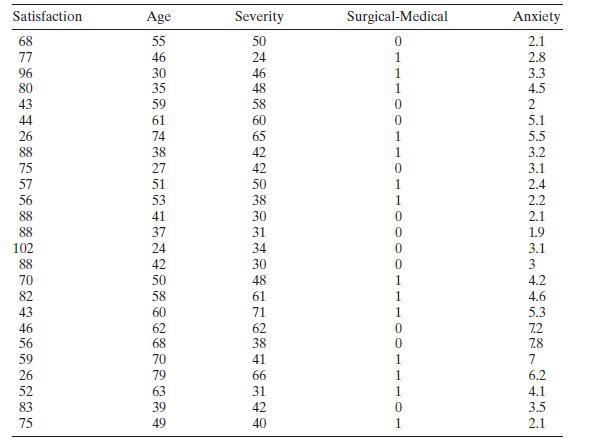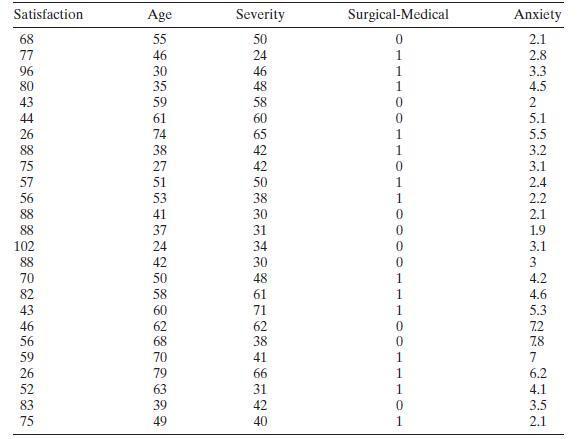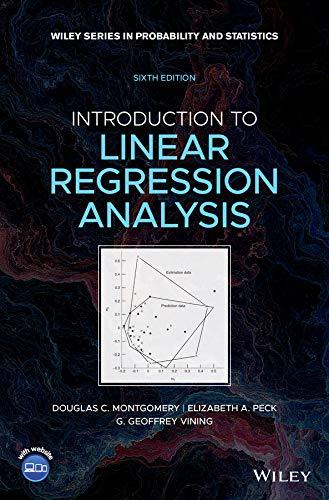Continuation of Exercise 14.16. Suppose that you assume that (mathrm{CO}_{2}) concentration is (10 %) lower than your
Question:
Continuation of Exercise 14.16. Suppose that you assume that \(\mathrm{CO}_{2}\) concentration is \(10 \%\) lower than your forecast from the model developed in Exercise 14.16. What impact does the decrease in predicted \(\mathrm{CO}_{2}\) have on the predicted mean surface temperature?
Data From Exercise 14.16
Consider the global mean surface temperature and \(\mathrm{CO}_{2}\) concentration from Table B.17. Suppose that you want to use the Cochrane-Orcutt model from Exercise 14.1 to predict the global mean surface temperature. To do this, you would need to develop a method of forecasting the \(\mathrm{CO}_{2}\) concentration. What model would you propose? Suppose that you use this model to predict the \(\mathrm{CO}_{2}\) concentration 10 years in the future. What is your forecast of the mean surface temperature at that point in time? Find a prediction interval for this forecast.

Data From Exercise 14.1
Table B. 17 contains data on the global mean surface air temperature anomaly and the global CO2 concentration. Fit a regression model to these data, using the global CO2 concentration as the predictor. Analyze the residuals from this model. Is there evidence of autocorrelation in these data? If so, use one iteration of the Cochrane-Orcutt method to estimate the parameters.

Step by Step Answer:

Introduction To Linear Regression Analysis
ISBN: 9781119578727
6th Edition
Authors: Douglas C. Montgomery, Elizabeth A. Peck, G. Geoffrey Vining






